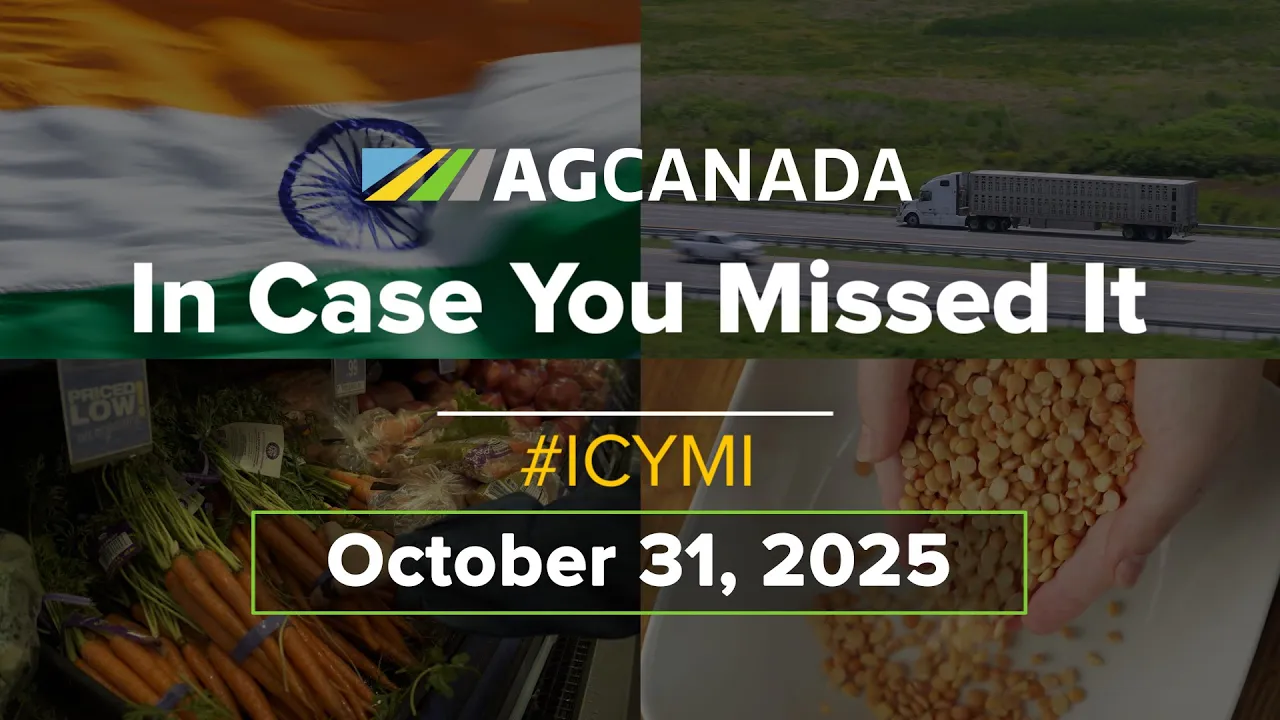NEW YORK, N.Y. (Reuters) — Canada hopes to sign a long-delayed free trade deal with the European Union this year, says trade minister Ed Fast, although key disagreements remain that could further postpone it.
Fast and his EU counterpart, Karel De Gucht, met last month to try ironing out differences over agricultural exports, intellectual property and public procurement that have kept officials from signing a deal.
However, they failed to sign an agreement that Canada says would help diversify Canadian trade away from the United States and boost trade with Europe.
Read Also

AGCanadaTV: In case you missed it; your national ag news recap for Oct. 31, 2025
https://youtu.be/E-6zl_ifRKc American agriculture groups call for CUSMA renewal American agriculture and food groups are calling for a full, 16-year renewal…
“It is a very small handful of issues that are difficult,” Fast said.
“We are trying to identify some creative ways in bridging the gaps between our positions.”
He declined to say which issues were causing the delay.
The United States takes 75 percent of all Canadian exports, and the EU slightly more than 10 percent. The government has said Canada-EU trade could increase by 20 percent under a free trade agreement.
Trade talks started in 2009 and were initially expected to conclude by the end of 2011, a date that was pushed back to the end of 2012. Even now, Fast said he will not be pushed by arbitrary deadlines while disagreements remain.
“Understand that it is the quality of the agreement and not a particular calendar date,” Fast said.
“It has to be in Canada’s long-term trade interests, otherwise we won’t sign a deal.”
Canadian meat producers want an end to high EU import tariffs that they say have effectively shut Canada out of a European market that consumes eight million tonnes of beef products a year.
The Europeans want Canada to extend patent protection for major pharmaceutical companies, accept more EU dairy products and open up internal procurement markets.
The Canada Europe Roundtable for Business trade lobby urged negotiators last month to wrap up a deal soon, noting any agreement would have to be voted on by the European Parliament, which is due to hold elections in April 2014.
The treaty would be handled by the next Parliament if legislators do not deal with it in time, meaning ratification could be delayed by 18 months, the group said.
U.S. president Barack Obama recently announced that the U.S. and the EU could begin their own free-trade talks by June, adding to the pressure on Ottawa. The negotiations with Canada could become a lower priority at that point if they aren’t completed.














